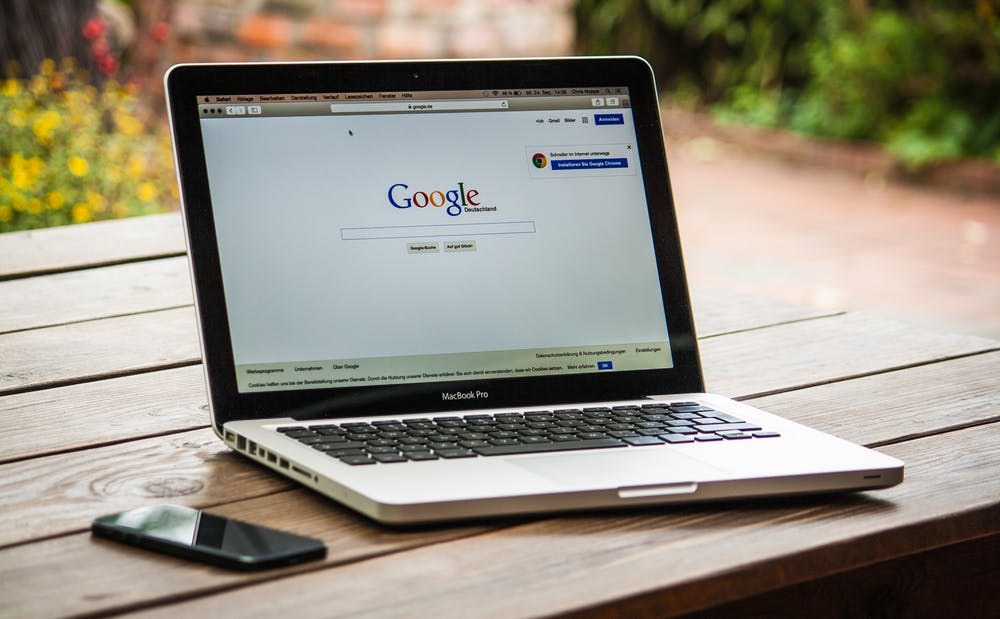There’s a funny story about how the band The Internet got its name. A reporter asked a member of the LA-based hip-hop collective Odd Future where he was from, and he was so tired of the question that he answered it sarcastically: “I’m from the internet.” While he meant it as a joke, his answer stood in stark contrast to a long history of regional hip-hop loyalties: The genre was and is defined by West-Coast-East-Coast demarcations, as well as the unique sounds of cities like Atlanta and Chicago. The idea of being “from the internet” marked a shift in conceptualizing the Internet as a means of communication between places, which had always been its function, to viewing it as a place in its own right. A person could immerse themselves in a dimensionless, digital world and emerge with a strange new set of cultural and aesthetic traditions.
Historically, the internet has served primarily as a mode of communication — ideas were transferred online, rather than incubated or affected by the quality of being online. Even individuals who would talk about their real-life selves via online forums and online “spaces” used the word metaphorically. But as social media blossomed, digital art made its way into the mainstream and memes grew in popularity, the internet spread in a capillary web that began to form the outlines of people. Embodied emotional connections could be formed between online avatars and it became possible to carry out one’s entire social life and professional occupation online.
As we’ve gained fluency in navigating social media and expressing ourselves with emojis, filters and new symbolic languages, apps like Instagram have become less about transmitting pictures of our real-life selves and more about shaping them. More than mere representations, our digital identities have become constituent parts of our actual identities.
In many ways, the internet has maintained its purely communicative function. Thus far, it has coexisted quite well with its new role as a cultural locus. It’s not uncommon to hear someone college-aged or younger refer to something in real life as being very “internet” — they recognize the internet as a place with unique cultures and humors. It’s also common, though, to hear the same person talk about “disconnecting” from online spaces as a virtue. The internet is a place, but not one with equal standing to a real-life place. It can be used for communication, but only as a less ideal substitute for the real thing. It is part of our identity, but not the primary part. There is still a distinction.
What has changed during the pandemic? We’ve lost access to most of the physical world. People have been ordered to self-isolate in their homes, and even those who can go outside are unable to socialize in groups or otherwise engage with the social world that breathes life into the geographical one.
As a consequence, we have turned to the internet with our full attention and for both of its uses. Much of what people are posting is still communicatory: videos of people singing on balconies, animals inhabiting urban spaces and families attempting all sorts of strange dances and culinary experiments deliver us fragments of the real world. We are putting more pressure than ever before on the Internet to hold the real world together, to act as the web of neurons that connects the isolated nodes we currently occupy.
At the same time, the internet is becoming a larger part of the “real world” itself. Even though social media sites like TikTok largely offer depictions of the physical world (rather than animations or other digital spaces), they have developed their own slang, etiquette and norms specific to the internet that have no place in real life. Meme culture is thriving. There are games like Animal Crossing, Fortnite, Sims and Minecraft in which users occupy fantastical 3D spaces that pick and choose between the laws of physics and spacetime that typically constrain us. Right now, they are more social and filled with more humanity than any of the “real” spaces we normally inhabit.
After the pandemic ends, I suspect people will crave a detox from the time we have spent inside in the glow of our laptops and want to go out into the world again. But “going out into the world” and “going outside” won’t be as synonymous as we used to think. Time will tell if we are better or worse off for it.
Contact Tristan Wagner at triwag ‘at’ stanford.edu.
The Daily is committed to publishing a diversity of op-eds and letters to the editor. We’d love to hear your thoughts. Email letters to the editor to [email protected] and op-ed submissions to [email protected].
Follow The Daily on Facebook, Twitter and Instagram.
